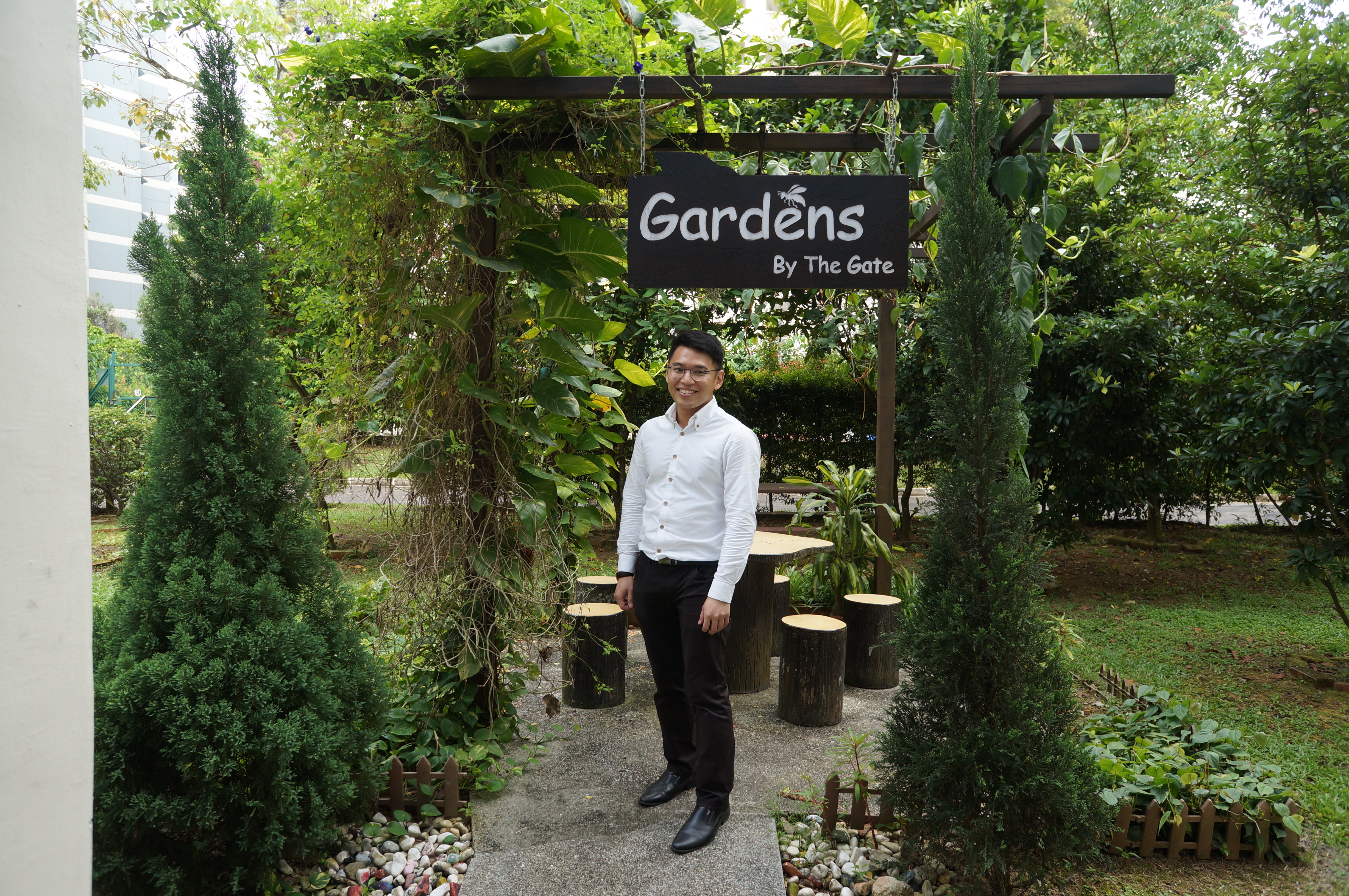Young Children’s Voices in Mathematical Problem Solving
Contributed by Dr Ho Siew Yin and Sng Wei Qin Abbie, from NTUC First Campus, for SingTeach Virtual […]
Read More
Teachers wear multiple hats on any given day – they are expected to play the roles of educator, disciplinarian, and friend – sometimes all at the same time. We speak to Lee Yang Sheng, a Design & Technology (D&T) and Mathematics teacher from Woodgrove Secondary School, who reflects on his 4-year journey as a teacher.

The fear of making mistakes in the classroom is one of the challenges that many Beginning Teachers (BTs) face.
“Many BTs aim to follow their lesson plans to a tee and may not be prepared to deal with unexpected situations in the classroom,” says Yang Sheng. “Should they make mistakes, they can feel anxious and worry about how their colleagues would perceive them.”
Having gone through the BT experience, Yang Sheng has this advice for other BTs: “Focus on your students and do what is best for them. If you make mistakes, learn from them and move on.”
Having mentors to turn to during the initial years of teaching can help BTs better manage the challenges they face.
Apart from being a pillar of support, mentors can also offer new perspectives to BTs, which can help BTs refine their teaching strategies – a skill needed when teaching students from different academic streams.
“I have tried applying the same lesson plan across my Express and Normal (Academic) classes but found that this strategy did not work,” explains Yang Sheng. “While students in the Normal (Academic) stream will answer a lot of questions, those in the Express stream will simply nod to show that they understood a topic.” This shows that teachers have to adapt their teaching approaches to suit the learning needs of students.
“Focus on your students and do what is best for them. If you make mistakes, learn from them and move on.”
– Lee Yang Sheng offers this advice to new Beginning Teachers who feel anxious about making mistakes in the classroom
In addition, scheduled weekly reflections with a mentor can be beneficial in the initial years of teaching. During these sessions, as BTs share and reflect on their experiences in the classroom – a process known as reflective practice – mentors can also provide advice on issues that BTs may be facing and suggest ways to improve.
“I think the reflection part is important, even after we leave the mentoring programme,” Yang Sheng adds. “Apart from playing up our positives, we also have to work on our weaknesses – that is how we can become better educators.”
BTs may find it a struggle to strike a balance between curriculum coverage and building rapport with students. One way to counter this, Yang Sheng suggests, is to have casual conversations with students whenever time permits.
There is no hard and fast rule when building relationships with students as both students and teachers alike have different styles of communication. “Rather, the key is to show empathy and make an effort to know them as individuals,” he shares.
After all, rapport with students can also go a long way in helping teachers manage their classes well. “In my view, the first month of teaching a new class sets the tone for the rest of the school year. I would thus encourage teachers to invest time and effort to get to know their students and build positive relationships with them from the start,” Yang Sheng adds.
Since embarking on his teaching journey, he maintains one key practice in the classroom – setting ground rules and enforcing them strictly. In addition, knowing when to be a disciplinarian and when to be a friend to students is a useful skill to have.
“The key is to show empathy and make an effort to know your students as individuals.”
– Yang Sheng, on building relationships with students
Yang Sheng sees teaching as a rewarding career and the knowledge that he has made a difference to students motivates him to be a better educator.
He currently teaches students in the Normal (Technical) stream, many of whom are demoralized by repeated failures at examinations. To motivate them and promote a mindset shift, Yang Sheng makes it a point to help students realize that they have the potential to do better and celebrate their successes.
“Many of them could actually have scored ‘B’s or ‘C’s if not for careless mistakes, which shows that they are in fact capable of passing examinations,” explains Yang Sheng. “Once they pass, I will reward them,” he shares.
While teachers have the ability to change students for the better, Yang Sheng is also aware that not all students leave school a changed person. “Sometimes, the effect doesn’t take place during the teaching period but after students leave school. For example, when they encounter an obstacle in their working life, they may look back and reflect on the values that their teachers have once taught them,” explains Yang Sheng.
During lessons, Yang Sheng would use the example of being habitually late and point out to his students that continuing their bad habits into adult life will likely affect their employment prospects.
Ultimately, being a teacher is more than just imparting knowledge and preparing students for exams. “Our goal should be to help students grow holistically and develop values such as resilience so that they can overcome obstacles in school and beyond,” Yang Sheng concludes.